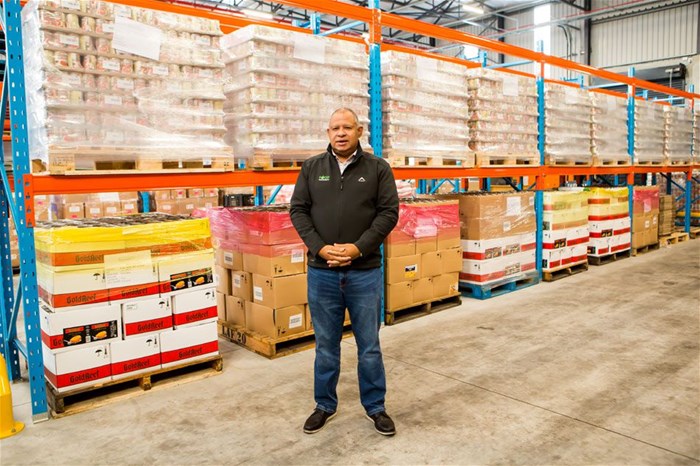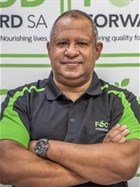What initially started out as an idea in 2000 (as FeedBack Food Redistribution) to recover edible excess food from Cape Town’s film industry, morphed to become a national reality in 2009 (as FoodBank SA), and today, FoodForward SA (renamed in 2017) is the largest food redistribution organisation on the continent of Africa.
Since its inception, FFSA recovered and redistributed more than 113 million tons of food, equalling 452 million meals. The recovery of this food away from landfills resulted in 587 million tons of greenhouse gas emissions saved.
Addressing food insecurity is not about charity. It’s about social justice, restoration of dignity, and human rights. Statistics South Africa (Stats SA) estimate that around 13 million people are food insecure across the country. We estimate that around 30 million people experience food insecurity for at least two weeks of every month – half our population.
As the cost-of-living crisis deepens across the country, millions of people, including those entirely dependent on social grants for survival, are getting less for their rand, and are forced to remove items from their shopping basket just to cope each month. They do not have enough money to buy the food they need for their households and pay for day-to-day expenses. To keep their heads above water on low incomes, theyhave no choice but to change their buying behaviour to obtain the cheapest foods, which invariably involves staples that are not nutritious, and not always safe to eat.
While the provision of a meal today to those who are starving will not change their circumstances tomorrow, it is saving lives, and providing vulnerable people with the nutrition they need to stay alive and stay healthy, until their affordability circumstances change. Realistically, most poor people’s circumstances are unlikely to change in the foreseeable future due to our stagnating economy, high inflation, macroeconomic volatility, climate change impacts, etc. High unemployment and pervasive poverty and inequality are causing unrelenting suffering for millions of people.

FoodForward SA’s strategic approach to addressing food insecurity ensures that the good quality, within date, surplus food we recover from the food system is used as a lever to strengthen and transform under-served communities. Through a network of thousands of registered and vetted community organisations that offer life-saving work by providing places of safety for vulnerable children to learn and play, to vulnerable women living in temporary accommodation while they rebuild their lives and acquire skills, to reaching at-risk youth - getting them off the streets and out of the clutches of gangs and drugs, regular nutritious food support is crucial to the success of these initiatives.
A recent independent social return on investment (SROI) impact study conducted by Impact Amplifier relating to our work at FFSA, found that for every R1 invested into FFSA, a return of R198 was achieved in the areas of social, environmental, and economic benefits.
As we mark Human Rights month in March, we do so in an environment of widespread pessimism for the future of South Africa, as many have become disillusioned with government’s lack of capacity to successfully manage the myriad challenges we face. A national survey of voters conducted in February and March 2024 on behalf of The Brenthurst Foundation found that the biggest issues facing the country are (1) Unemployment (28%); (2) Corruption (27%); (3) Loadshedding (17%); and (4) Weak leadership (12%).
If we are to achieve social cohesion, social stability, nation building, and striving towards a common humanity, we must start with the foundation - providing better access to food for vulnerable households now, since economic recovery and other challenges will take several years before we see tangible results.
FFSA’s cost per meal is only R0.47, making our model the most cost-effective solution to food insecurity. We provide quality surplus food to 2,500 vetted beneficiary organisations reaching 920,000 vulnerable people daily. Yet, much more needs to be done.
To reduce food loss and waste across our food system so that we can use this good food to feed vulnerable people, we require increased pace and the commitment from all food system representatives and stakeholders to change behaviour, prioritise the early identification of edible surplus food within their supply chains, implement effective food loss and waste reduction strategies, and work with organisations like FoodForward SA to recover and redistribute more of the 10 million tons of food that is currently lost or wasted across our food value chain.





































